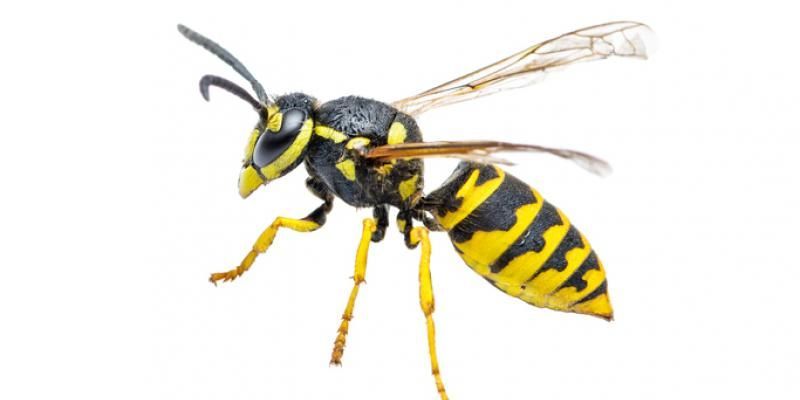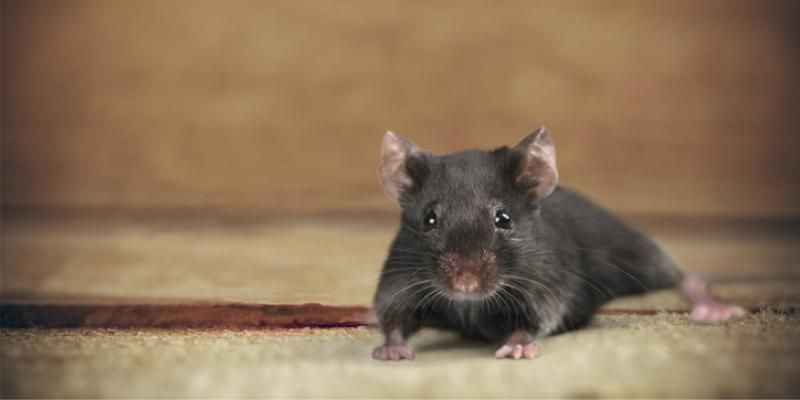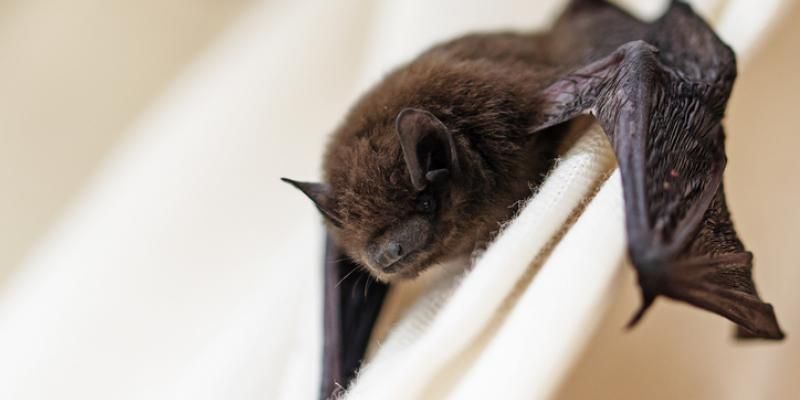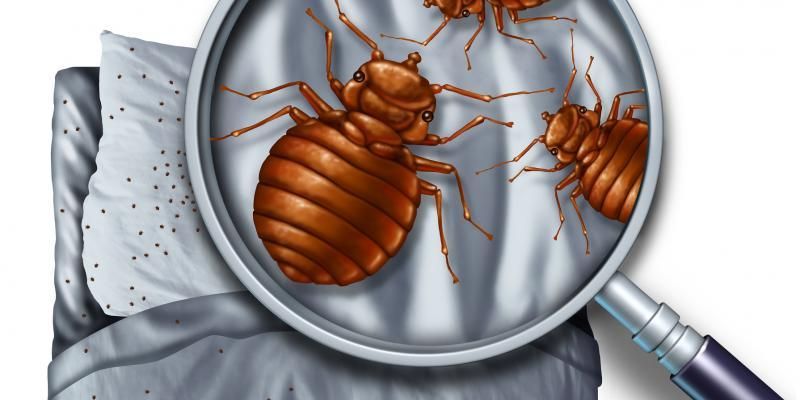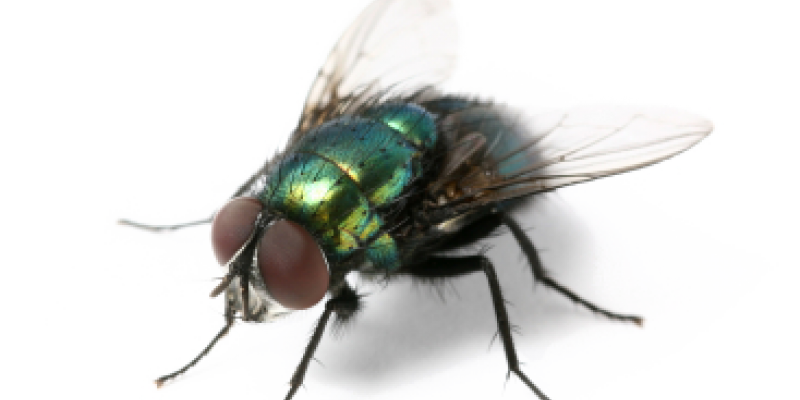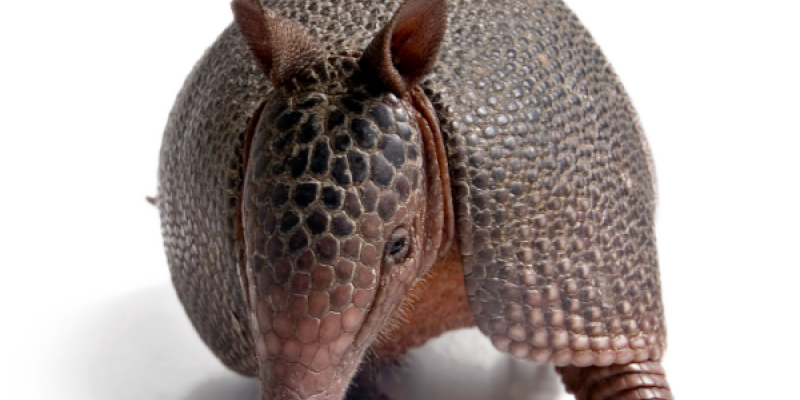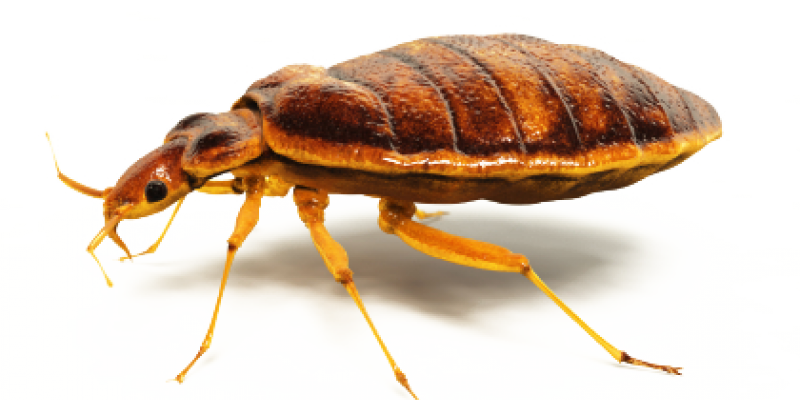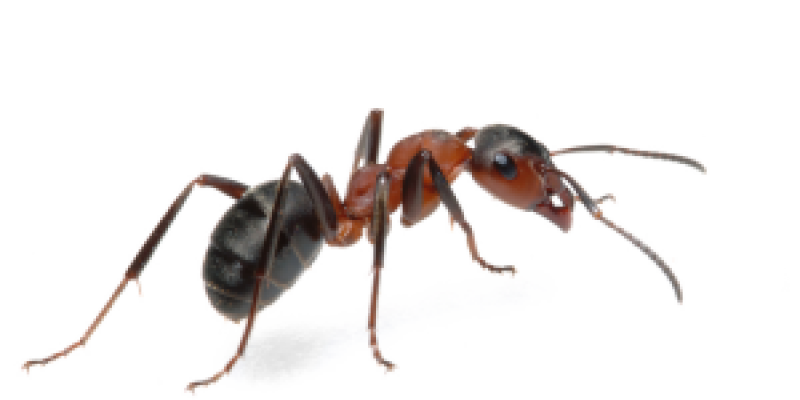Life Cycle of a Mosquito: How They Survive Winter
Have you ever wondered where mosquitoes go during the winter months? How do they manage to bite us all summer long, but then disappear without a trace? A mosquito has four stages: egg, larva, pupa, and adult. Starting from the beginning, eggs are laid by female mosquitoes in or around standing water. All they need is a bottle cap full of water to breed. The eggs will hatch into larvae within 24-48 hours, and from there the larvae will develop into a pupa within 7-10 days. As an adult, some mosquitoes can survive for a couple of days at most, while other mosquito species can live for a month or longer. Female mosquitoes are the only ones that bite us, and they bite us for one sole purpose: to reproduce! They use the protein in our blood that allows them to create even more mosquitoes.
Once temperatures stay consistently below 50 degrees Fahrenheit, mosquitoes will begin to shut down for the winter. Some will find holes to hide in while they wait for warmer weather – that’s right, mosquitoes can actually hibernate during the colder months! While other mosquitoes will choose to lay their eggs in freezing water, they will then pass away shortly after. Once the water is warm enough, the eggs will hatch and these cold-blooded creatures will begin their cycle all over again.
Have you ever wondered how mosquitoes find us? They can actually smell human breath! The receptors on their antennae detect the carbon dioxide we exhale and makes a trail straight to us. In addition to that, our skin produces more than 320 chemical odors which make us even more appetizing. Anything from skin lotions, folic acid, cholesterol, and even perfume can be just what the mosquitoes are craving. That’s not all, mosquitoes use heat sensors around their mouths to detect body warmth and the blood inside of us.
To avoid your body turning into a mosquito meal, make sure you’re eliminating standing water around your yard and be sure to contact your local 24/7 Local Pest Control to learn more about what preventative treatments you can get to keep your family from itching their way through the time you should be spending enjoying the outdoors.

